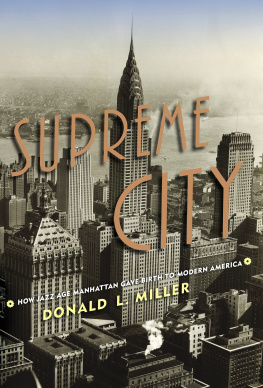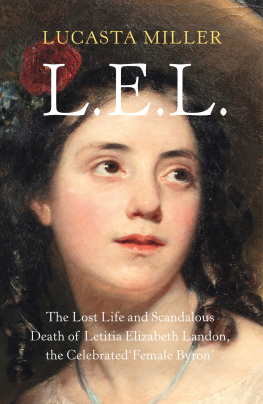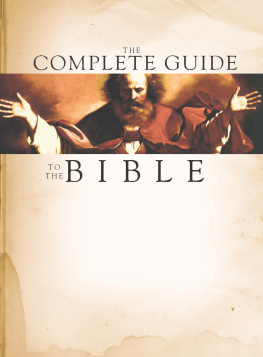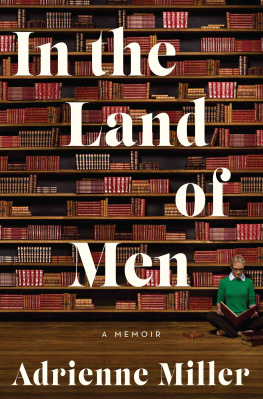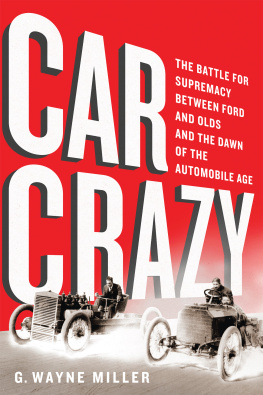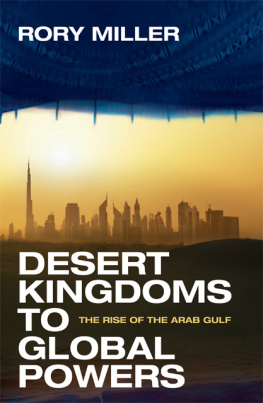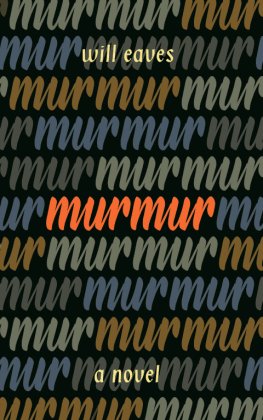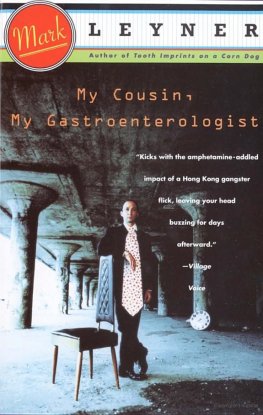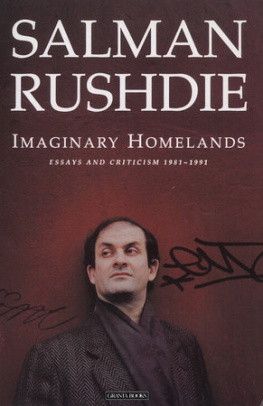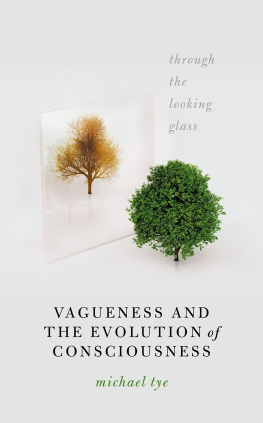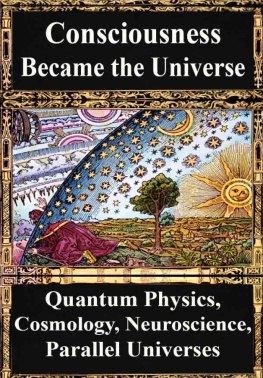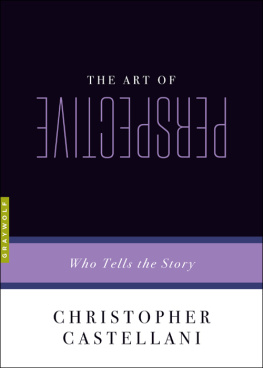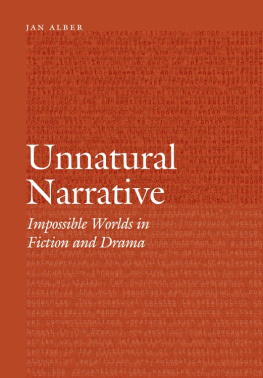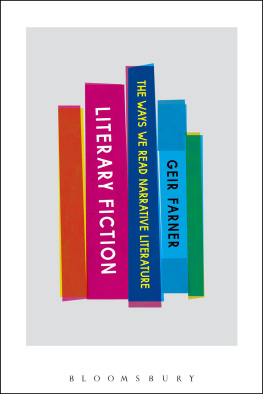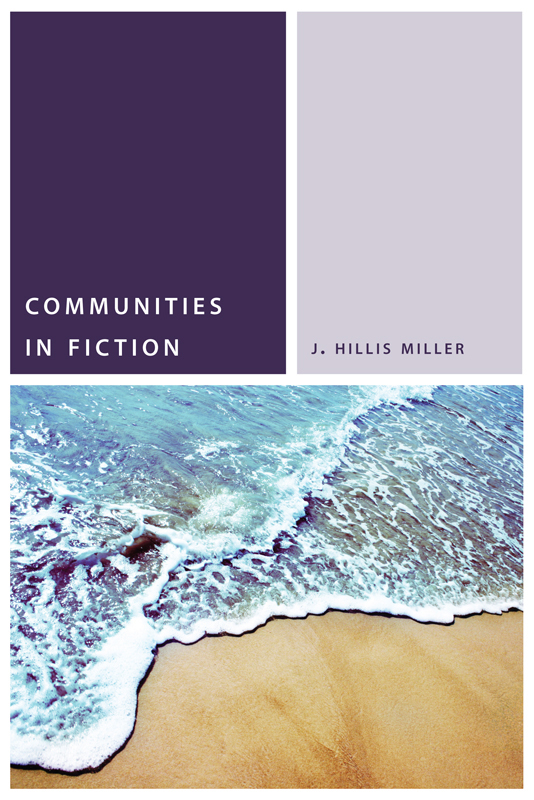COMMUNITIES IN FICTION
COMMONALITIES
Timothy C. Campbell, series editor


Copyright 2015 Fordham University Press
All rights reserved. No part of this publication may be reproduced, stored in a retrieval system, or transmitted in any form or by any meanselectronic, mechanical, photocopy, recording, or any otherexcept for brief quotations in printed reviews, without the prior permission of the publisher.
Fordham University Press has no responsibility for the persistence or accuracy of URLs for external or third-party Internet websites referred to in this publication and does not guarantee that any content on such websites is, or will remain, accurate or appropriate.
Fordham University Press also publishes its books in a variety of electronic formats. Some content that appears in print may not be available in electronic books.
Visit us online at www.fordhampress.com.
Library of Congress Control Number: 2014957907
Printed in the United States of America
17 16 15 5 4 3 2 1
First edition
In memory of Helen Tartar
old friend, super editor
CONTENTS
I warmly thank all those audiences who have listened to early versions of chapters in this book. They have asked constructive questions that have helped me in revision and expansion. These audiences have included those who have attended my Critical Theory Emphasis Miniseminars over a ten-year period at the University of California, Irvine. Some of these seminars have included material eventually used in revised form in this book. I thank Sue Showler, Kyung Kim, Barbara Caldwell, and many others at Irvine who have kindly facilitated these seminars. They have been a great pleasure and honor to give. Lectures drawn from ongoing work on this book have also been given at many other universities in the United States and around the world, including China (for a section of the Conrad chapter), France (for a short version of the Woolf chapter), and Spain (for the Cervantes/Pynchon chapter).
Though most of this book has not been previously published, sections or shorter versions of four chapters have been published. All these have been revised to fit the argument of this book, and, for in an earlier form has been published in Spanish.
A much shorter version of appeared as Individual and Community in The Return of the Native : A Reappraisal, in Thomas Hardy Reappraised: Essays in Honour of Michael Millgate , ed. Keith Wilson (Toronto: University of Toronto Press, 2006), 15473. I thank Keith Wilson and the University of Toronto Press for permission to reuse this material in lengthened and revised form.
The first version of some of the material in of this book. The conference was held on September 2224, 2005, at the Centre for Advanced Study in the Norwegian Academy of Sciences and Letters in Oslo. Professor Lothe was Group Leader of a research group on Narrative Theory and Analysis. I was a participant in this group and have fond memories of it. My Oslo lecture was subsequently published as a chapter in Joseph Conrad: Voice, Sequence, History, Genre , edited by Jakob Lothe, Jeremy Hawthorn, and James Phelan (Columbus: Ohio State University Press, 2008), 16077. I am extremely grateful to Jakob Lothe, James Phelan, and Ohio State University Press for permission to reuse this material in revised form.
A Chinese translation by Yifan Zhang and Yingjian Guo of a part of the third section of , under the title Material Interests: Modernist English Literature as Critique of Global Capitalism, has been published in the Journal of Zhengzhou University , Vol. 5 (2004), 12730. A somewhat longer version was given in English as a lecture at an International Conference on Globalization and Local Culture held June 59, 2004, at Zhengzhou University, and again at an International Conference on Critical Inquiry held June 1215, 2004, at Tsinghua University in Beijing. This material has been revised and expanded in order to fit into the argument of a much longer chapter on Conrads Nostromo in this book.
A much shorter version of (accessed January 26, 2014). I thank Richard Pedot, Chantal Delourme, and Le tour critique for permission to reuse this material in revised and lengthened form.
appeared in Spanish in a somewhat earlier form as El Coloquio de los Perros como Narrativa Postmoderna, trans. Mara Jess Lpez Snchez-Vizcano, in La Tropela. Hacia el Coloquio de los Perros , ed. Julin Jimnez Heffernan (Tenerife and Madrid: Artemisaediciones, 2008), 3398. An abbreviated version of the section of this essay on Pynchon appeared in English as Thomas Pynchons The Secret Integration as Postmodern Narrative, in Foreign Languages and Culture Teaching and Research 18, no. 1 (Tianjin: Tianjin University of Technology, June, 2005), 19. I am grateful to Professor Heffernan for granting me permission to reuse this material and give my thanks also to Paula Martn Salvan for many kindnesses. This essay was given originally in shorter form as a lecture in English for a conference on Cervantess The Dogs Colloquy at the University of Crdoba in 2005.
COMMUNITIES IN FICTION
Williams, Heidegger, and Others
Raymond Williamss entry for community in Keywords is straightforward enough, though it is characteristically succinct, comprehensive, and subtle. He gives a brief history of the etymology of the word and of the different meanings the word has had since it entered the English language in the fourteenth century. He also sets community against two French and German words, commune and Gemeinde . He refers to Tnniess influential contrast (1887) between Gemeinschaft and Gesellschaft : an organic community, on the one hand, and an impersonal organization or corporation, on the other. Though Williams distinguishes five senses of community, the essence of his definition is expressed in the following phrases: a sense of common identity and characteristics, and the body of direct relationships as opposed to the organized establishment of realm or state . A community is relatively small, with a sense of immediacy or locality. Williams stresses the affective aspect of the word and its performative power: Community can be the warmly persuasive word to describe an existing set of relationships, or the warmly persuasive word to describe an alternative set of relationships.
What Williams meant by community is developed more circumstantially in The Country and the City , especially in Chapters 10, 16, and 18 of that book: Enclosures, Commons and Communities, Knowable Communities, and Wessex and the Border. The last two are on George Eliot and Thomas Hardy, respectively. Williams does not wholly admire George Eliot, nor Jane Austen, whereas Hardy gets his more or less complete approval. What is the difference? Jane Austen, says Williams, had been prying and analytic, but into a limited group of people in their relations with each other (168). Eliot, according to Williams, was, like Jane Austen before her, more or less limited in her comprehension of people to members of the gentry. The latter formed her knowable community. She did not really understand the common people: rural farmers, laborers, servants, and tradesmen. They and their community were unknowable to her. In Williamss view, Eliot projected her own inner life into working class people in her novels. She was consistently condescending to such people. George Eliot, says Williams, gives her own consciousness, often disguised as a personal dialect, to the characters with whom she does really feel; but the strain of the impersonation is usually evidentin Adam, Daniel, Maggie, or Felix Holt (169).


